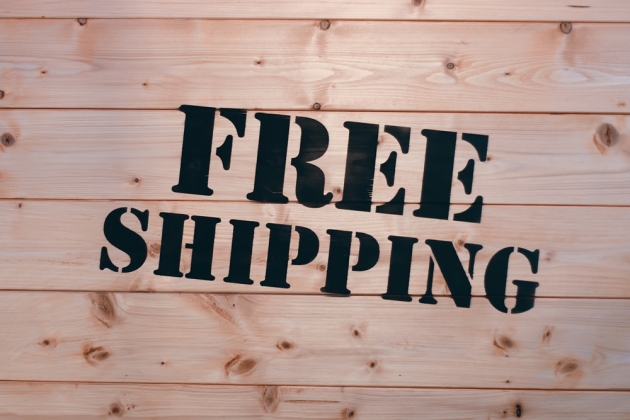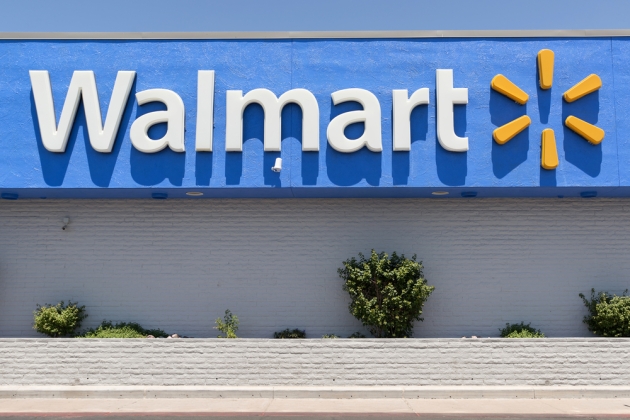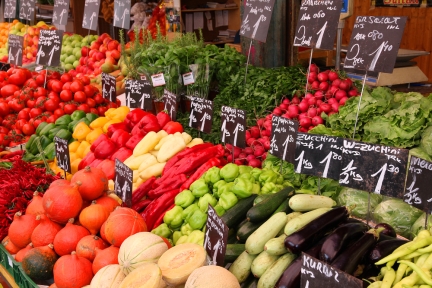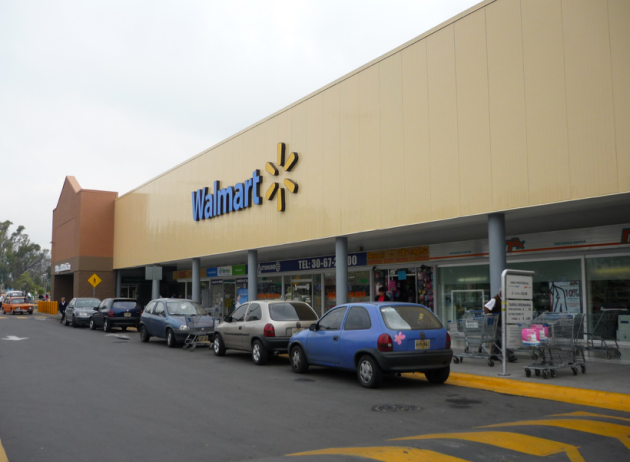The Battle of Free Shipping Continues
May 12, 2017 Leave a comment

Image credit: Shutterstock
It’s hard to be a big box retailer these days and charge a hefty price for shipping. We keep seeing big-name stores that were once prosperous now closing up shop, and a lot of that has to do with the ease and affordability of online shopping.
For a time, many still chose to shop in-person because that option offered no shipping fees, but that era is slowly coming to an end–and major stores are now battling it out for the best free shipping deal.
This week, Amazon announced that it would be (once again) lowering it’s free shipping minimum for non-Prime members. Shoppers now only need to spend $25 to forgo shipping costs–a price that is very reasonable for most people. At the beginning of 2017, the spending minimum was $49, but that changed when Walmart came out with their own two-day, free shipping deal on orders of $35 or more. With the $25 limit, Amazon is now the cheapest place for shipping.
Yet, that could very well change.
Target, which has been offering free shipping at the $25 rate for quite awhile, is planning to run a test program on next-day shipping, starting this summer. As of right now, the pilot program will only be offered in the company’s native Minneapolis (and only to REDcard members), but if it’s successful, the company would most likely branch out to Targets countrywide.
That said, Target plans on charging a “low, flat-fee” for shipping, although executives have yet to determine what that fee will be. If it’s something insignificant (say, $2.95) and you’re ordering a $500 dresser, that fee is worth the next-day shipping. If people are willing to pay a small amount to ensure their items are delivered in a timely manner, it will be one more sting against Amazon–which is exactly what Target wants.



You must be logged in to post a comment.